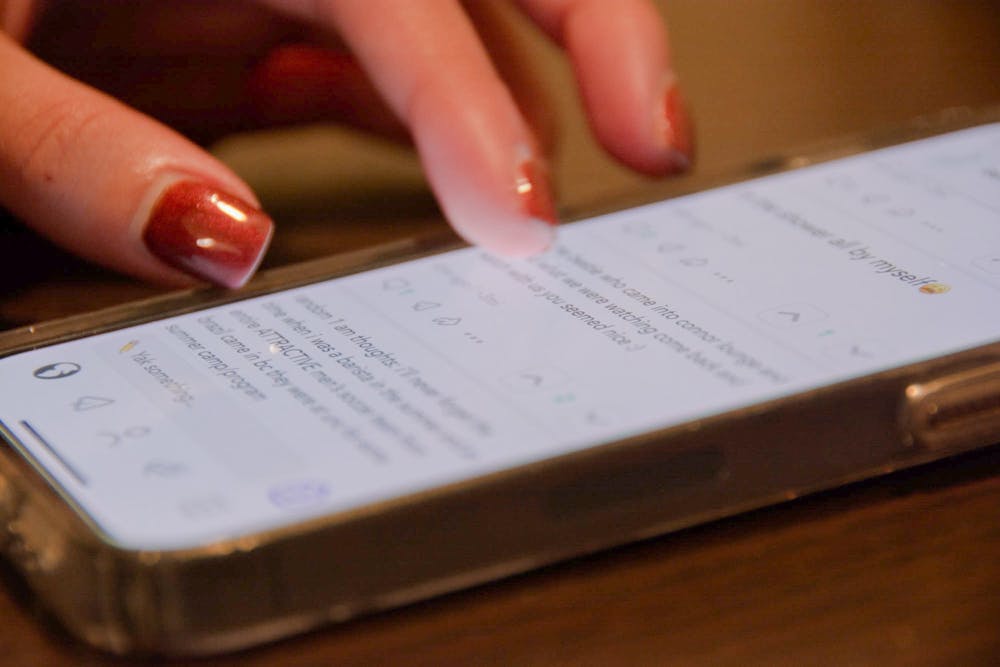Remember when we said that Yik Yak was bad news? Yeah, we were right.
Yik Yak’s recent addition of direct messages to their platform maintains its problematic nature – and shows that we haven't learned much from history.
While the mask of anonymity already gave way to waves of unwarranted and unsolicited comments on the popular college app, this new feature allows users to both maintain that anonymity and specifically target other users.
What does this mean for users?
Well, Yik Yak was first shut down in 2017 due to rampant racism and cyberbullying on the platforms, forcing the app to instate “Community Guardrails” upon its return to the app store in 2021. Guidelines would be too stern.
A sternness that might be warranted, given the extent of the app's problematic history. In April, University of Wisconsin-Madison computer science student David Teather found that Yik Yak sent out precise GPS coordinates alongside users’ anonymous posts.
Additionally, students at the University of Georgia and the University of Utah have faced consequences for making bomb threats and other terroristic claims on college campuses. UNC police actually made an arrest after a student posted on Yik Yak threatening to bomb the Pit in 2014.
With all the problems surrounding the platform's history, they have chosen to introduce direct messages. If not stronger than before, our position still stands.
How could anonymity make way for safe, free speech? The answer is that it simply can’t.




